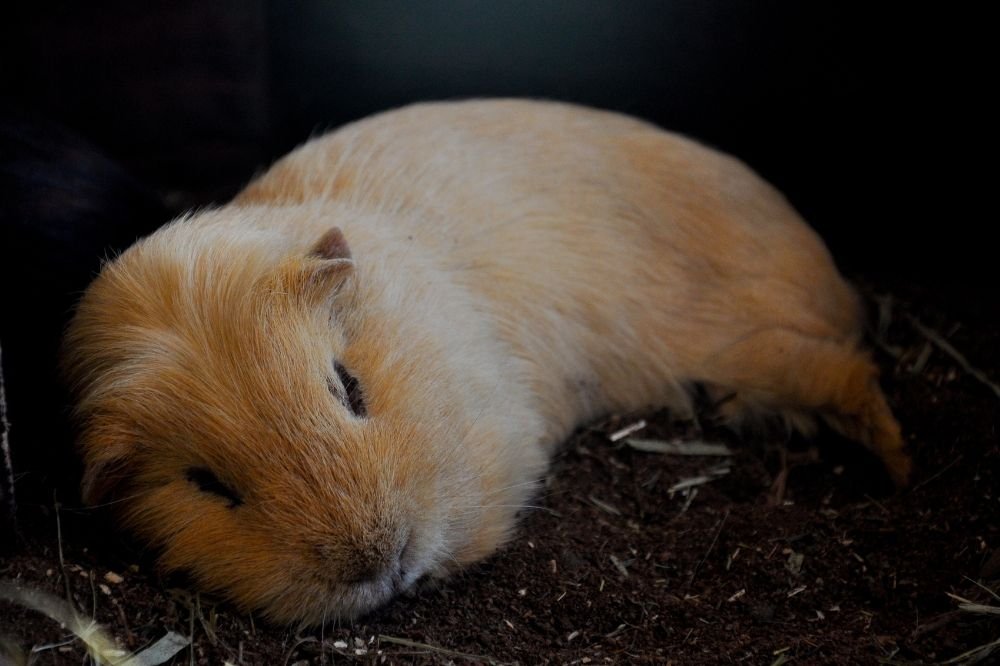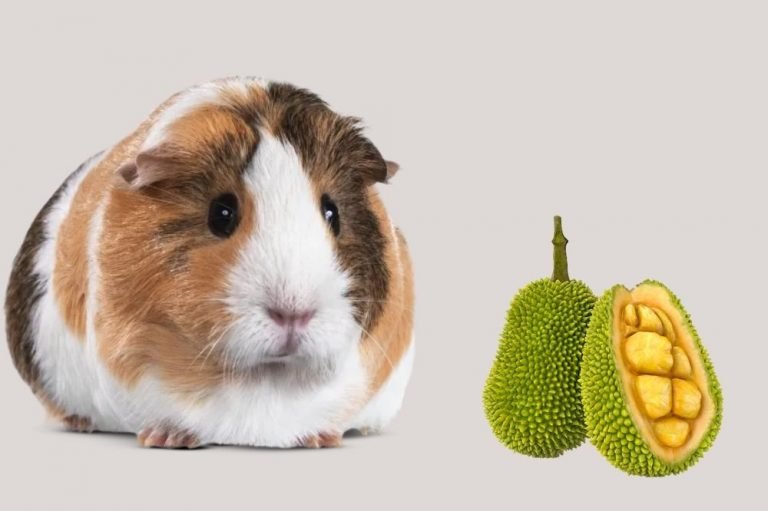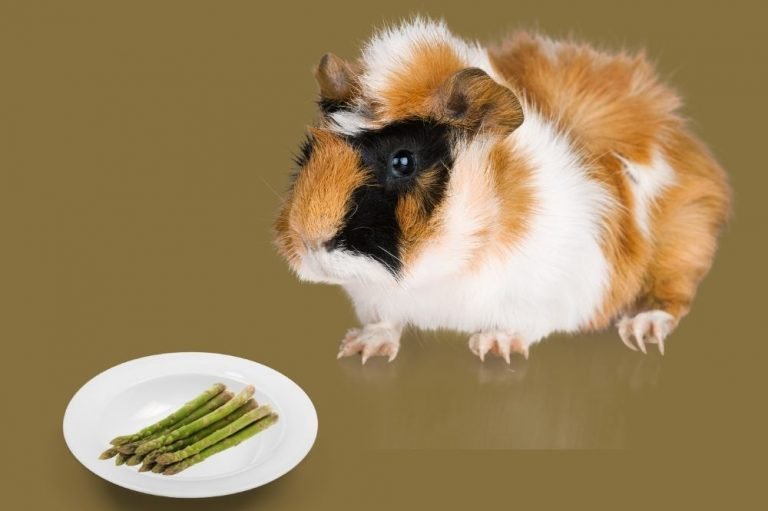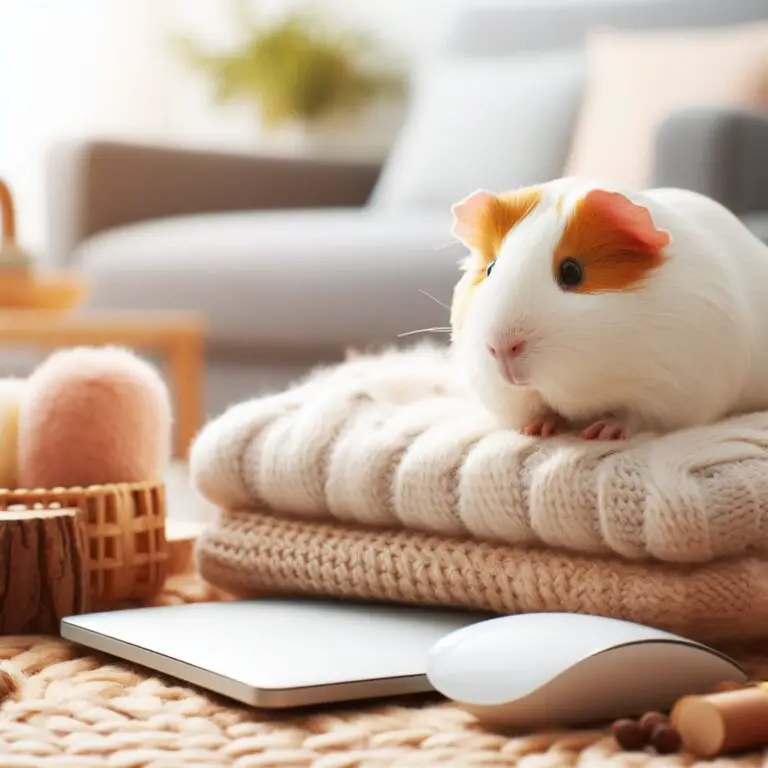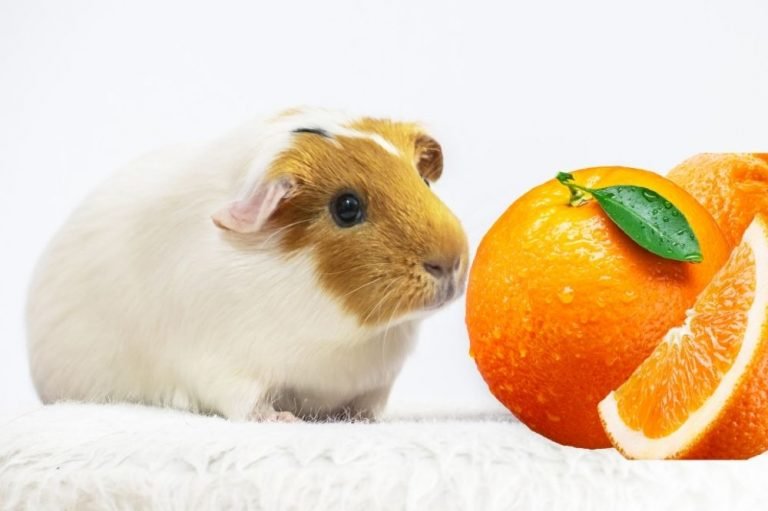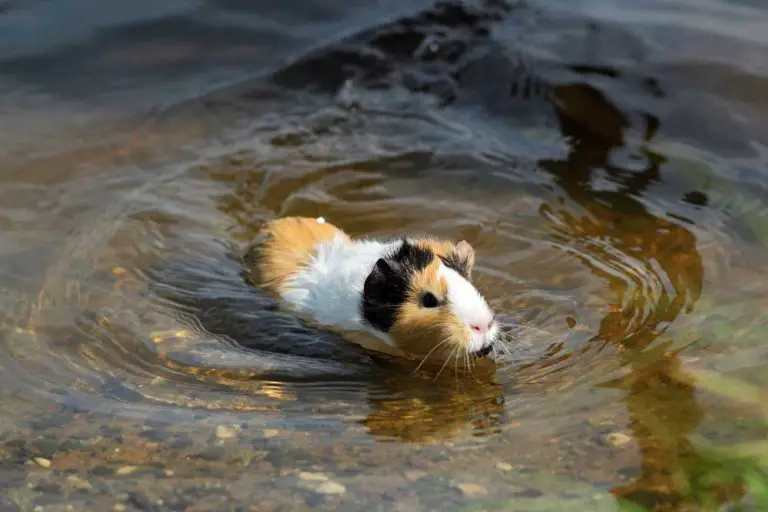How Many Hours Do Guinea Pigs Sleep?
Guinea pigs will sleep for at least four hours a day. Although they don’t have regular sleeping patterns like humans, their short naps will amount to several sleeping hours.
Sleep is equally essential for animals as it is for humans. For humans, we have different recommended sleeping schedules (depending on age) by health practitioners. Do the same criteria work for animals?
If you are a guinea pig owner, ever thought about your pet’s sleeping schedule? Have any lingering thoughts about this issue? This article got you covered: we get to look at all information related to a guinea pig’s sleeping patterns.
What are the Sleeping Schedules of a Cavy?
As said earlier, guinea pigs do not have consistent sleeping patterns. Usually, they fall asleep in short laps of about six to thirty minutes each which will add to their total sleeping hours. These pets will sleep for a minimum of four hours and a maximum of up to fifteen hours in a day.
Reasons for Irregular Sleeping Patterns in Cavies
Originally, cavies were wild animals before they were domesticated by humans. Therefore, they had to incorporate their prey instincts which include being alert. These furry pets have sustained this behavior to date.
Moreover, guinea pigs are prone to many predators such as snakes, cats just to mention but a few. Since they have few defense mechanisms, they are always on the watch out for such predators. Hence, guinea pigs will not sleep for long to ensure their safety.
Do Guinea Pigs Sleep with Their Eyes Open?
If you have been in contact with cavies, you will rarely see their eyes closed. Although they might at times close their eyes, normally they will sleep with their eyes open.
Mostly, your pet will feel unsafe with its environment hence it will tend not to close its eyes when sleeping. Guinea pigs will only close their eyes during sleep:
- When feeling very tired.
- If it feels that its environment is safe to be in.
Why is my Guinea Pig Sleeping Too Much?
Sometimes, you might notice your pet sleeping more than usual. For older cavies, this should not be a cause for alarm as they will tend to sleep more than younger ones. This is because they get tired easily and will prefer sleep to play.
Additionally, your pet will sleep more when experiencing less stimulation. Naturally, guinea pigs are very active pets and will require constant mental stimulation. When experiencing less of the latter, they will opt to sleep in.
Cavies will also increase their sleeping habits when sick but how do you detect this? Mostly, you will find your pet lying on its side with slow or no movement. Always check in with the veterinarian to confirm your pet’s health status.
Do Guinea Pigs Like Sleeping in the Dark?
Yes, these cute pets do like sleeping in the dark. Although they fall asleep at any time of the day, these cute pets prefer less light when sleeping. Sleeping in the dark does not necessarily mean night time but it refers to dark areas.
Your pet will be more comfortable sleeping in an environment that is away from direct light. Consider incorporating hiding places in your cavy’s cage for example a hiding box where it can hide away when sleeping. Additionally, you can slightly cover a part of their cage to make it a little dark.
Sleeping Positions in Guinea Pigs
Ever wondered if animals have sleeping positions? Does your pet need to have a specific sleeping position? Well, the answer is no.
Guinea pigs will adopt different sleeping positions to achieve maximum comfortability during sleep. This could include: stretching out, belly-flopping, sleeping on the side, a C-shaped position, etc.
Why is my Guinea Pig Not Sleeping?
Your guinea pig may lack sleep due to the following:
Noise
Naturally, cavies are terrified of loud noises hence they might cause fear in your pet. This results in restlessness in the cavy hence it will sleep less or not sleep at all.
Inappropriate bedding
For good healthy sleep, a proper sleeping area is required thus bad bedding might interfere with your pet’s sleeping pattern. This includes both the type of bedding and how it is maintained.
The sleeping habitat should be kept dry and cozy at all times. To add to that use proper bedding such as fleece, shredded carbon, and paper, hay, straw among others.
Lack of stimulation
As discussed earlier, guinea pigs are active animals and will require consistent physical and mental stimulation. This could be through playing, exercise, etc. Sleeping is one of the ways to acquire rest.
Stimulation will make them tired hence the need for sleep. If they are not stimulated, they won’t get tired resulting in zero urge for sleep.
The environment temperature
The right temperature should not be a problem during the day unless it is in the cold season. However, your pet will need to be kept warm enough at night for it to sleep well.
The right temperature for guinea pigs is 65 to 75 degrees Fahrenheit (18 to 23 degrees Celsius). You can keep it warm by partially covering the cage with thin fabrics to allow room for ventilation. Additionally, you can put in fleece blankets or old cloth in the sleeping areas.
- Ensure any material used in the cage is safe enough for the cavy to chew on since they are fond of chewing stuff.
The Wrong diet
If your guinea pig is not eating enough or it is lacking some nutrients in its meal, this might interfere with the sleeping schedule.
Illness
When sick, your pet will probably experience pain or restlessness hence making it difficult to sleep.
The Final Verdict
Sleep is important for all animals therefore as a pet owner, good sleep should be a priority. Most guinea pigs will not sleep for many hours (minimum of four hours a day).
However, their sleeping patterns will depend on several factors. Striving to create the best sleeping conditions for your pet will ensure it enjoys maximum healthy sleep.

